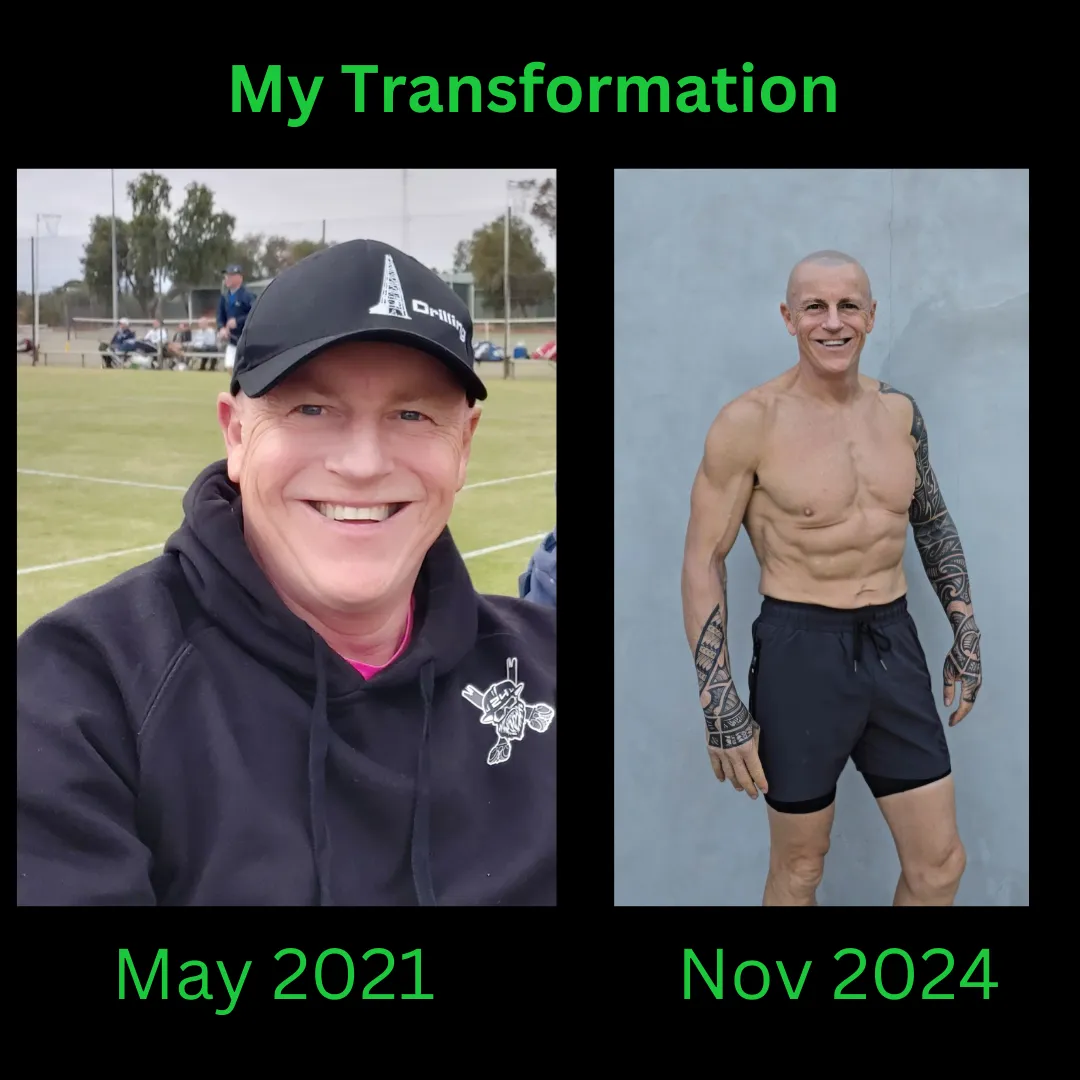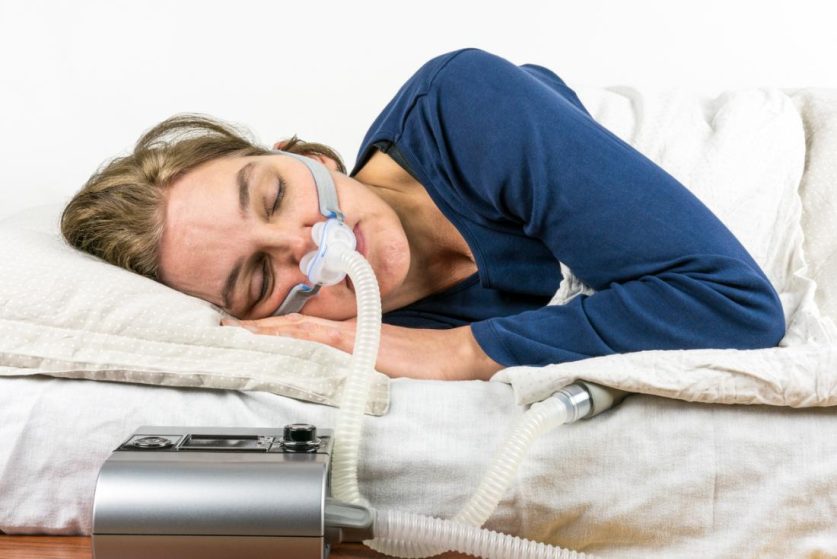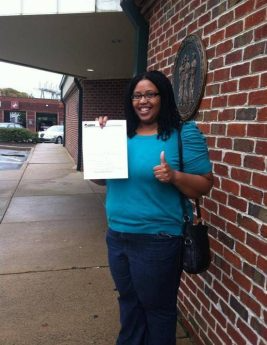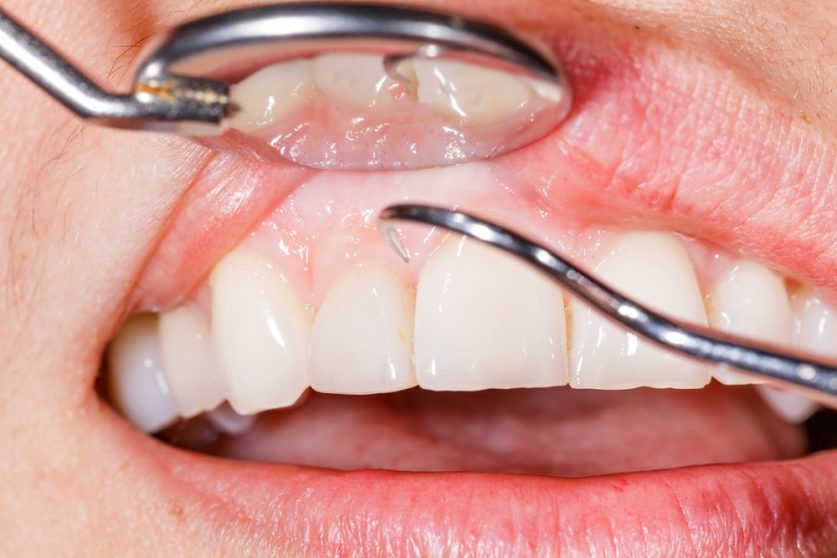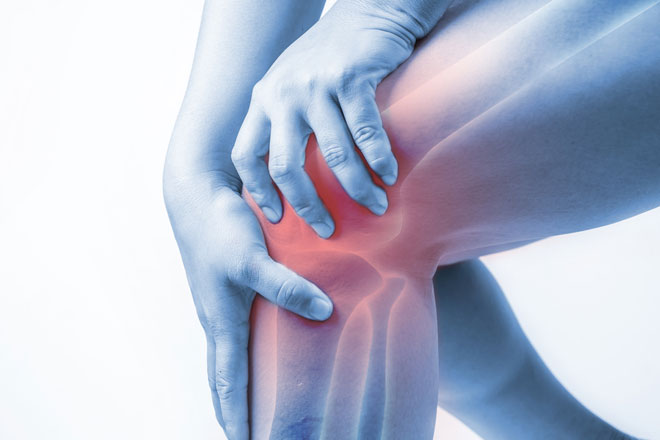10 Ways to Overcome Alcohol & Drug Addiction
What is Alcohol and Drug Addiction?
Addiction to alcohol and drugs is a chronic relapsing brain disease characterized by a physical and psychological dependence on alcohol and drugs. People who are addicted to alcohol or drugs are more likely to engage in harmful behaviors, even if they endanger themselves or others.
Addictions have a significant impact on how addicts think, feel, and act. Many people who suffer from alcohol or drug addiction are aware that they have a problem but find it difficult to stop using alcohol or drugs on their own. They frequently realize that, while it may be appealing to try a drug or alcohol for the first time, it is not as simple or appealing to overcome the resulting addiction. This is because they will have developed tolerances to the alcohol or drug through repeated use over time.
This means that larger amounts of alcohol or drugs are needed to achieve the desired effects, escalating the nature of the addiction. Recovery from alcohol and drug addiction becomes the only sure way to get the addict out of the rut.
People who are addicted to alcohol or drugs frequently exhibit a lack of control over their use of the substance, a desire to limit use but an inability to do so, a significant amount of time spent trying to acquire the substance, intense cravings to use the substance, a lack of responsibility, relationship problems, physical and emotional withdrawal, and a loss of interest in important social or recreational activities, among other characteristics.
Overcoming Alcohol and Drug Addiction
Overcoming alcohol and drug addiction is a lifelong process that drastically alters a person’s life on a daily basis. Overcoming alcohol and drug addiction frequently transforms an individual’s goals, expectations, behavior, and even personality.
These changes, in turn, cause transformations in an individual’s loved ones and relationships, as well as forcing people to confront the underlying issues that the addiction masked.
We investigated the most effective methods of overcoming alcohol and drug addiction, and here are the ten most effective methods:
-
Admitting to having an addiction
The most difficult thing for a person who is addicted to alcohol or drugs to do is admitting that they are addicted to the substance. This is due to the fact that substance use disorders affect the individual’s brain, causing it to seek excuses and justifications to continue using the substance.
Overcoming alcohol and drug addiction thus necessitates the addict’s bravery in admitting that they are addicted to the substance. This demonstrates that the individual is prepared to confront the addiction as well as the underlying issues.
Admitting that you’re addicted to a substance can be accomplished through a person’s support system, which may include friends, family members, a therapist, a doctor, or a rehab facility.
-
Reflecting on the addiction
Once the addicted person admits to having an addiction, the next step is to take some time to reflect on what is important to them and how their addiction to alcohol or drugs has harmed them. Reflection on addiction will also include imagining how their lives will improve once they have overcome their addiction to alcohol and drugs.
-
Seek professional help
Reflecting on how addiction has ruined one’s life should motivate one to seek help to get out of the quagmire. Programs such as the Intensive Outpatient Program (IOP), Outpatient Treatment, Partial Hospitalization Program (PHP), Physical Rehabilitation, Therapy, and Transcranial Magnetic Stimulation provided by alcohol and drug abuse treatment centers such as Roots Through Recovery provide peaceful and structured environments for patients to begin the alcohol and drug addiction recovery process.
-
Start to appreciate the benefits that come with sober living
When an addict begins alcohol and drug addiction recovery treatments, they will begin to see the benefits of living in sobriety, such as a greater sense of freedom, improved mental and physical health, improved financial stability, and healthier relationships with friends and family, among other things.
-
Identify and deal with triggers of substance use
When an individual is assisted in identifying the factors that cause them to crave substance use, such as stress, uncontrollable emotions, environmental cues, social isolation, and so on, addiction patients can be assisted in managing these factors by developing healthy coping skills.
-
Changing the environment
When an addicted person stops using the substances to which they are addicted but maintains the same routines or habits, the chances are that they will relapse into the addiction. As a result, they require recovery support by avoiding people, places, and situations that trigger the desire to use the substance they have quit.
-
Exercise
Exercise is said to be the most effective depression treatment. When a recovering alcoholic or drug addict is bored, thoughts about the friends and company they had while using the substance may cause relapses. Exercising can deter them from doing so.
-
Accept the past but do not be judged by it
It is normal to feel guilty or ashamed about one’s past addictions and behaviors. While this is true, it is critical to overcome this and move forward by dealing with these emotions by making amends with oneself and others. Accepting their past gives them the opportunity to make changes in the future.
-
Get trusted and evidence-based care and support
Addiction patients can learn more about the providers of evidence-based care and support in their area and enroll in their programs to benefit from the various therapies available. Search engines can be used to find information about these providers by typing in terms like “alcohol and drug treatment center near me,” “outpatient drug rehab centers near me,” or “addiction treatment near me.”
-
Get help
Addiction recovery patients must understand that recovery takes time, motivation, and support. Despite the fact that it can be difficult, the benefits outweigh the risks of continuing to use substances.
Contact Roots Through Recovery, which has qualified professionals on staff to answer any questions or concerns you may have and to discuss the best treatment options available. Call now at 562-473-0827.



